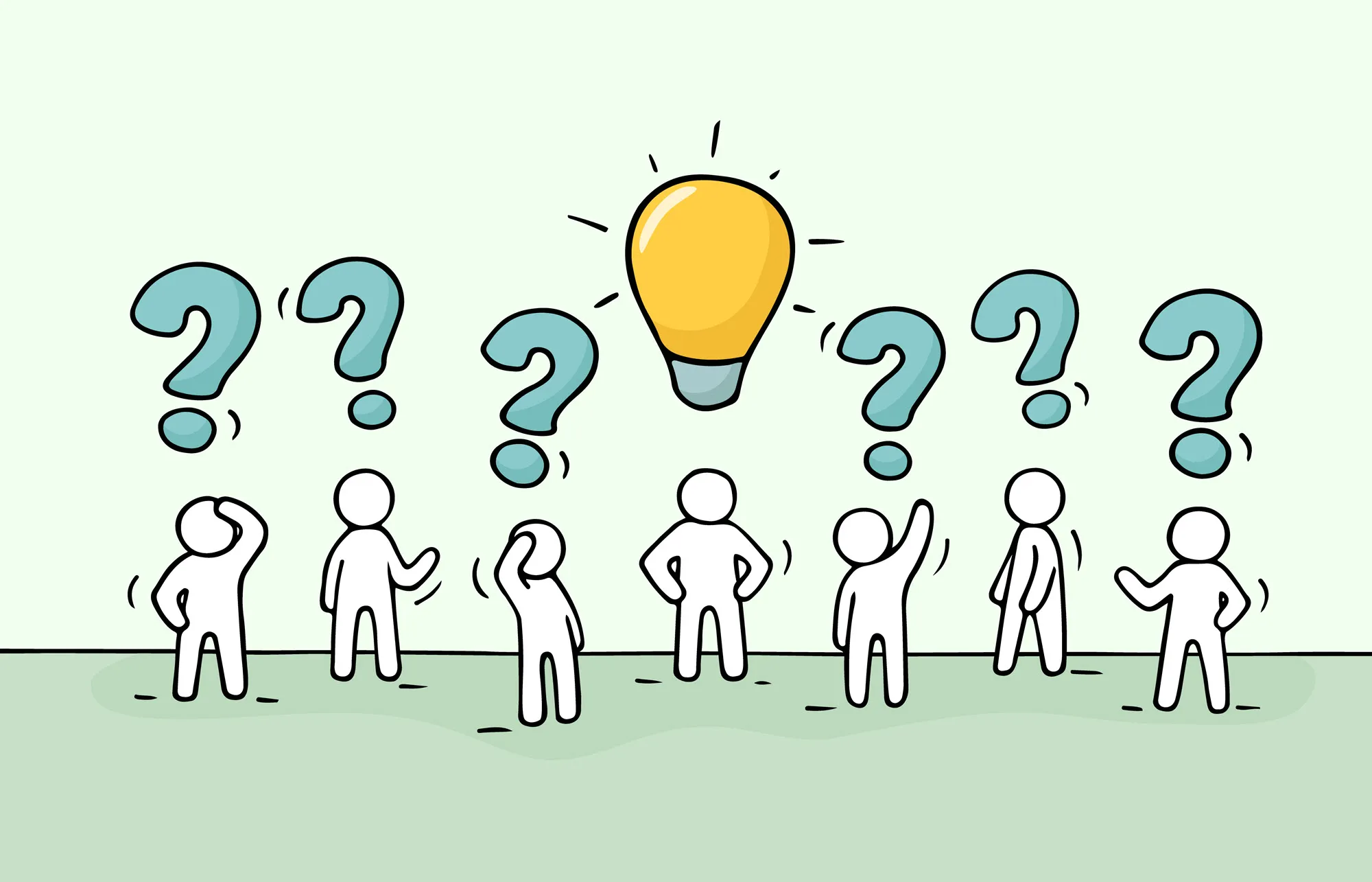Tahir Maqsood
In today’s Pakistan, the notions of democracy, human rights, rule of law, and social justice have transcended their status as abstract ideals. They have now become embedded in the public consciousness, particularly among the youth and the growing middle class. These concepts no longer exist merely as academic discourses or political slogans; they actively shape how citizens evaluate leadership, participate in political discourse, and define their expectations from the state.
The critical question facing the political and military elite today is: Can this politically awakened population still be manipulated using outdated tactics? The answer is increasingly leaning towards no.
Historically, Pakistan’s power elite—whether in the form of military regimes, bureaucratic establishments, or politically aligned media—relied on controlling narratives to retain dominance. Emotional rhetoric, manufactured threats, religious slogans, and artificial crises were routinely deployed to steer public opinion, silence dissent, and justify authoritarian interventions.
Pl, subscribe to the YouTube channel of republicpolicy.com
But this model is losing its effectiveness. The Pakistani public, particularly the younger demographic, has become significantly more discerning and politically aware. They now question motives, demand transparency, and reject emotional manipulation in favor of tangible, rights-based governance.
This new era of political consciousness has been propelled by a variety of forces: greater access to education, digital platforms like social media, independent journalism, and global exposure. Unlike past generations that were often at the mercy of state-run propaganda, the current generation engages with diverse sources of information and cultivates critical thinking through online discourse.
The urban middle class—once apolitical or conservative in their leanings—has undergone a transformation. Economic pressures, state overreach, and political instability have galvanized them to not only participate in democratic movements but to challenge entrenched systems of patronage and authoritarianism. This class now demands accountable governance, efficient public service delivery, and most importantly, a say in how they are governed.
This shift is not just limited to social media commentary or drawing room conversations. It manifests in electoral choices, public protests, legal challenges, and civic mobilization. The 2024 elections, for instance, revealed this transformation clearly. The people did not simply vote for a party; they voted for their right to choose, against coercive engineering, and in favor of democratic norms.
Despite this awakening, the state apparatus continues to function through traditional power hierarchies. Political engineering, selective justice, and a controlled media narrative are still tools employed to manipulate outcomes. Yet, their success is increasingly short-lived and contested.
The public’s ability to recognize manipulation has grown, making it increasingly difficult for those in power to manufacture consent. Even where state pressure succeeds temporarily, it is viewed with skepticism and often met with backlash. The trust gap between the state and citizens has widened, and unless it is bridged through genuine dialogue and reform, long-term political instability may persist.
Pakistan’s future now depends on inclusive governance. The demands of the people are no longer limited to economic relief or security; they encompass participatory decision-making, equality before the law, and institutional accountability. The youth are asking not just for employment but for dignity, justice, and a sense of ownership in national policy-making.
If political parties and state institutions continue to ignore this demand, they risk alienating a generation that no longer fears authority but seeks legitimacy, transparency, and justice. This public can no longer be “brainwashed”; they can only be persuaded through credible governance and fair representation.
Pakistan stands at a pivotal moment in its political evolution. The consciousness that has emerged in recent years cannot be reversed through coercion, censorship, or manipulation. It is a consciousness rooted in democratic principles, nourished by digital communication and strengthened by lived experiences of political suppression.
The only sustainable path forward is to embrace this public awakening, not resist it. Reforms must be aligned with the people’s aspirations—not dictated from above. Only through such inclusion can Pakistan truly become a democratic, sovereign, and modern republic that commands both legitimacy and pride in the eyes of its own citizens.
















